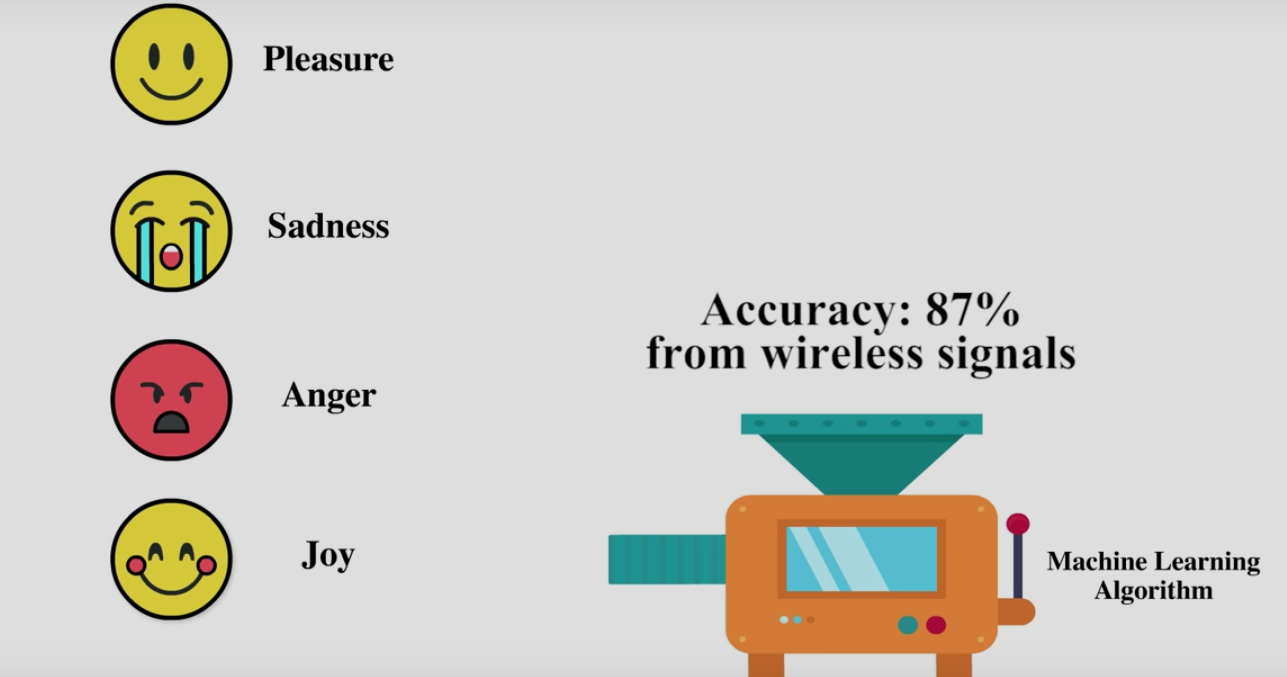We all know that it’s not a great idea to use an easy-to-guess password such as “123456,” although plenty of people do that. Instead, we’re often told to use complicated strings of words, numbers, and special characters to protect our online personas, as they were thought to be more difficult to guess — and sometimes to remember. Now, though, the man who kicked off the involved password era says maybe he wasn’t right after all. [More]
researchers

Man Who Suggested Complicated, Always Changing Passwords Now Has Regrets

Science Explains Why Refrigerated Tomatoes Lack Flavor
From the dawn of time, food enthusiasts, chefs, and people who eat have been arguing on exactly where their produce should be kept. While experts have previously told Consumerist that keeping tomatoes in the refrigerator isn’t a good idea, that recommendation has been confirmed through the power of science. [More]

Researchers Develop Device That Can Detect Emotions With Wireless Signals
“Hey, buddy. You seem a little down, how about I order you a cheeseburger?” In the future, you could find yourself responding to that kind of a pep talk from your smartphone: a new device created by the bright minds at the Massachusetts Institute of Technology have developed a device that can detect emotions by reading wireless signals bouncing off a person. [More]

Report: 100M VW Vehicles Vulnerable To Remote Hack
Owning a vehicle with keyless entry is often a convenience: Forget your key? Just enter a code. But for the owners of more than 100 million Volkswagen vehicles, that convenience has been turned into a doorway for hackers. [More]

Tech Would Allow Users To Touch, Interact With Objects In Video
Just when you thought virtual reality couldn’t be any more like reality, engineers go and find a way to let you actually touch and interact with the objects coming at you from your VR headset. [More]

Twitter Awards $10K To Hacker Who Discovered Flaw In Vine
Source code essentially runs a program, be it a webpage or an app. So when that code is made available to the public, it not only opens the door to copycats, it gives competitors and hackers a look under the hood. Thankfully for Twitter, the person who found a security flaw that left the source code for its short-form video platform vulnerable didn’t have nefarious plans. And now he’s on the receiving end of $10,000. [More]

Google Pays $550K To People Who Found Security Issues With Android
One year after Google launched its Android Security Rewards program that aimed to compensate researchers who discovered vulnerabilities in the company’s products — software, tablets, and phones – the tech giant announced the program was a success, divvying out more than $550,000.
[More]

Watch A Takata Airbag Explode In Slow Motion
Last year, owners of vehicles equipped with shrapnel-shooting Takata airbags shared their point of view of the massive safety device recall, likening the situation to driving around with an explosive device in their steering wheel and dashboard. Their description was no doubt frightening, but seeing one of the airbags rupture in real time is even more so. [More]

Flaw In Android Device Sensor Leaves Users’ Fingerprints Vulnerable To Theft
Using your fingerprint to open your phone may be convenient but it could also pose a security risk. That’s according to security researchers who discovered a way to breach Android devices to steal the unique prints. [More]

Latest Auto Hack Target: Tesla’s Model S
For the third time in three weeks security researchers have taken control of a vehicle through flaws in its computer systems. The latest target? None other than Tesla’s Model S. [More]

Expensive Flowers Are Better Than No Flowers On Valentine's Day
According to enterprising scientists, people buy last minute Valentine’s Day gifts to avoid a fight, rather than to express love—as any lazy lover can attest. The marketing researchers devised three experiments to prove that our susceptibility to negative advertising is directly impacted by how long we wait to whip out the wallet.


